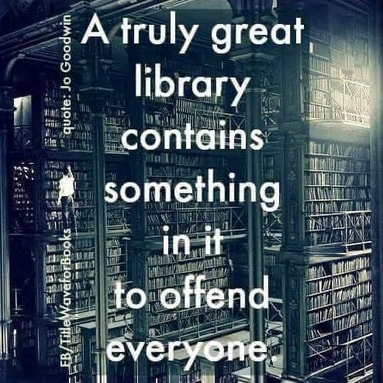
Actually, if a novel with which I’m unfamiliar comes under scrutiny, the negative publicity serves as an open invitation to check it out. I’d have to read it to see what the fuss is all about.
Readers, young and old alike, must have the opportunity to form their individual thoughts on topics such as historical people and events, racial issues, religion, death, gender, or sexuality. There is no “one and only” opinion. Life cannot be censored to suit the views of egocentric bullies.
What really angers me is the latest ploy undertaken by government officials to take this another step into the abyss by passing laws regulating public libraries. In Indiana, Tennessee, Oklahoma, Missouri, and Arkansas, librarians risk prosecution and possible jail time for providing access to banned books to school-aged readers.
Librarians have become targets of those who believe children or teens shouldn’t have access to books dealing with controversial subjects. It’s sad to think these open-minded role models are being wrongfully accused of misguiding children and promoting pornography. Worse, they’re being punished, even though they’re doing nothing wrong.
PEN America found that attempts to ban or restrict access to books from school and public libraries since 2020 have shattered previous records. In addition, over 80% of the 1,648 books banned from schools in 2021 and 2022 focused on or featured LGBTQ+ characters and people of color.
A Washington Post article reported that just 11 people are responsible for more than 60 percent of book challenges in the 2021-22 school. Some of the serial filers were volunteers representing conservative parents groups such as Moms for Liberty. Most of the complaints targeted books about sexuality because “reading books about LGBTQ people could cause children to alter their sexuality or gender.”
No matter how absurd the reasoning, libraries much conform to the new laws, or else face the consequences. Missouri libraries have begun to remove graphic novels and comics, as well as books about art history, the Holocaust, and photography. Disappearing from the shelves are books such as:
- The Complete Guide to Drawing & Painting by Reader’s Digest
- Six books about the Holocaust designed for teen readers
- Graphic adaptations of classic books including The Odyssey by Homer, Macbeth by Shakespeare, and selected works of Mark Twain
- The Children’s Bible, adapted by Sally Tagholm
- A graphic novel adaptation of the Gettysburg Address by Jonathan Hennessey
- Dozens of superhero comics, including Batman, X-Men, and The Fantastic Four
- 76 art history books whose subjects include Rembrandt, Raphael, Michelangelo, Leonardo da Vinci, Vincent Van Gogh, Pablo Picasso, Henri Matisse, Edward Hopper, and Georgia O’Keefe
On a brighter note, Illinois is the first state to propose legislation that will punish public institutions that ban books. The bill states that for public libraries, including those in public schools and universities, to remain eligible for grant funding, they must adopt the American Library Association’s Library Bill of Rights or their own written statement prohibiting the banning of books.
The Library Bill of Rights was first drafted by library director Forrest Spaulding in 1938 to speak out against the “growing intolerance, suppression of free speech and censorship affecting the rights of minorities and individuals.” One year later, the American Library Association adopted the document as a guide for librarians in serving their communities and protecting the rights of all patrons. It has since evolved to include book banning, race and gender discrimination, and exhibit spaces.
Unfortunately, though, it doesn’t stop the complainers. More than 1,200 challenges were compiled by the association in 2022, nearly double the then-record total from 2021. Liberals targeted some books because of racist language (Mark Twain’s The Adventures of Huckleberry Finn). Still, the vast majority of complaints came from conservatives focusing on works written by or about members of the LGBTQIA+ community or by and about Black people, Indigenous people, and people of color.
As the hype continues, librarians face increasing pressure to bend to the demands of narrow-minded politicians and parents. However, all is not lost. The American Library Association, the American Federation of Teachers, and more than a dozen other organizations have formed a coalition to fight the nationwide wave of book bans and challenges.
Unite Against Book Bans also includes the publishers Penguin Random House, Simon & Schuster, and Macmillan, the Authors Guild, and the National Coalition Against Censorship. Their combined resources help community members to draft petitions, develop questionnaires for political candidates, and design graphics for social media.
Libraries provide a safe haven with no strings attached. Everyone is welcome. Knowledgeable and helpful experts are always willing to answer questions and help you find what you want. I hate to see this institution destroyed by ignorance. We all need to support our librarians. Let them know they are still respected and admired and will be forevermore.
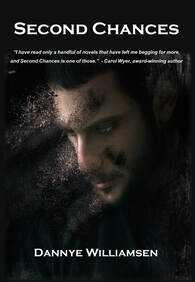


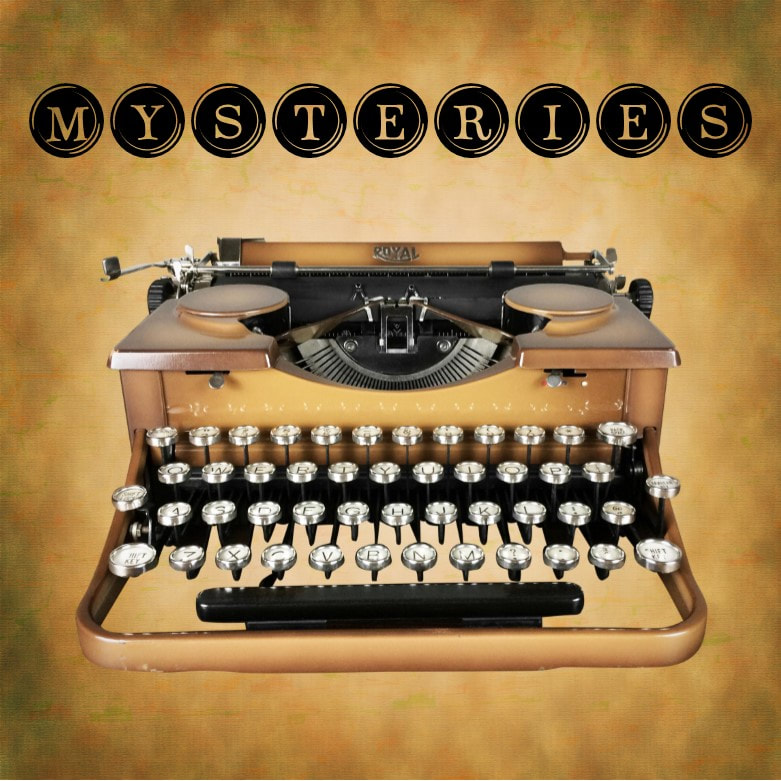
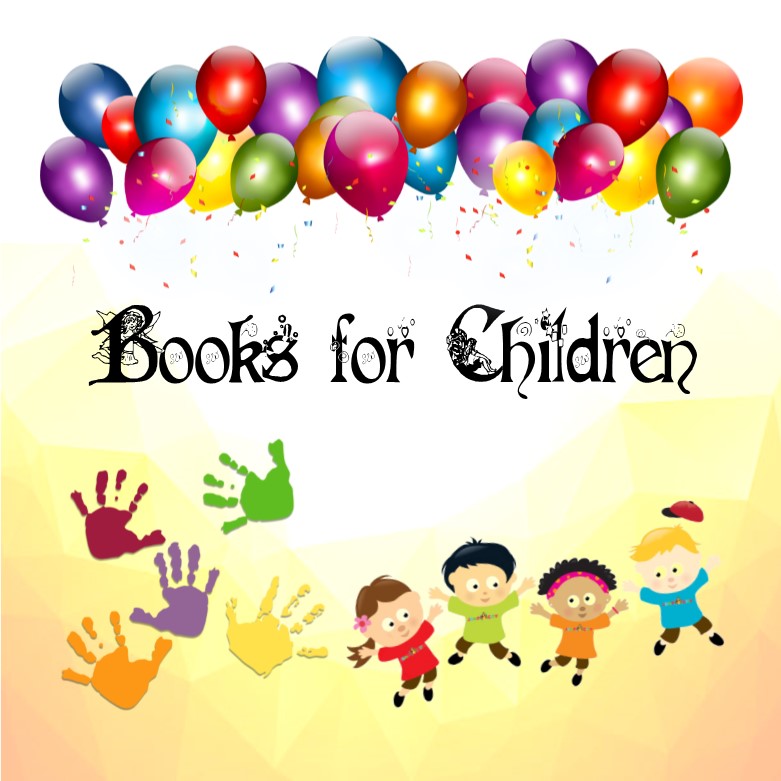
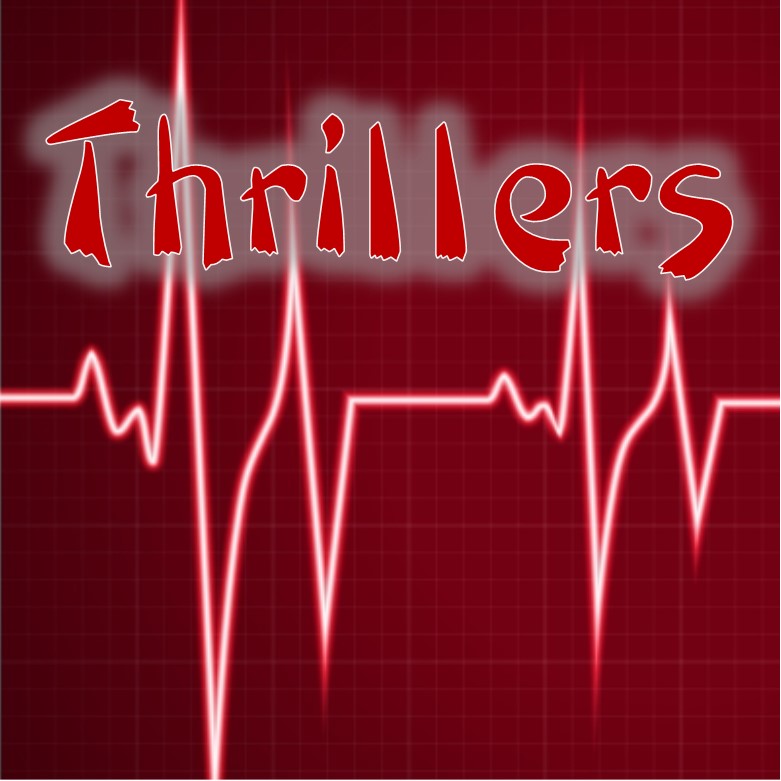
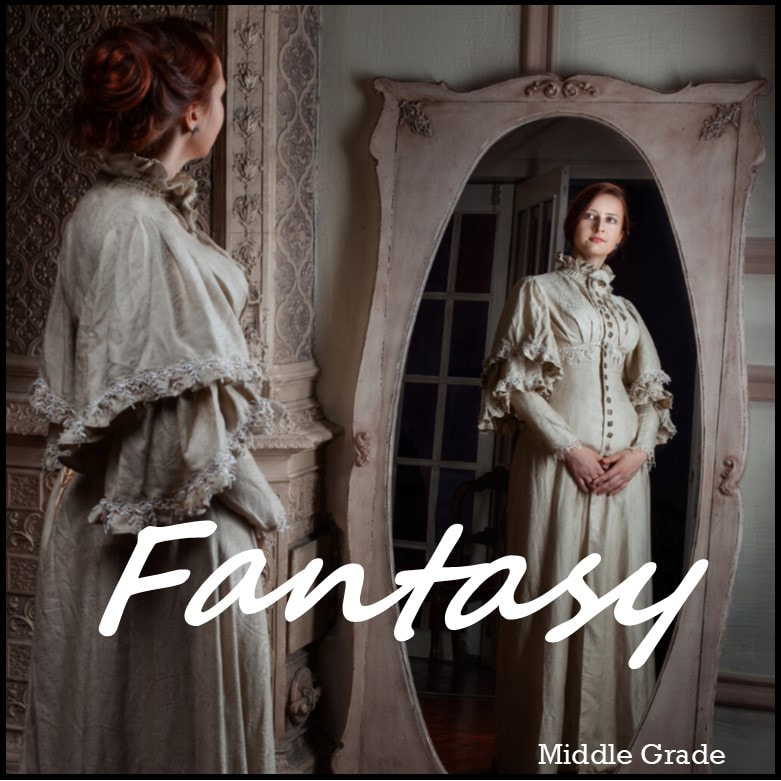


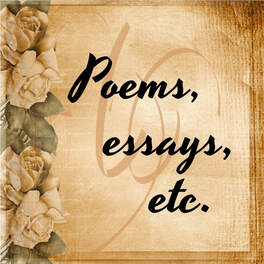
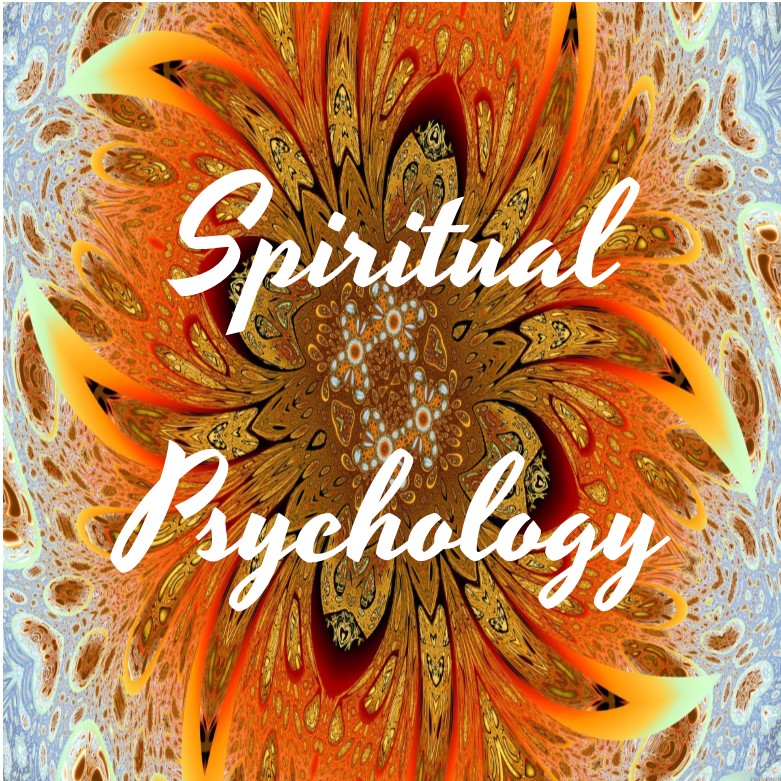

 RSS Feed
RSS Feed